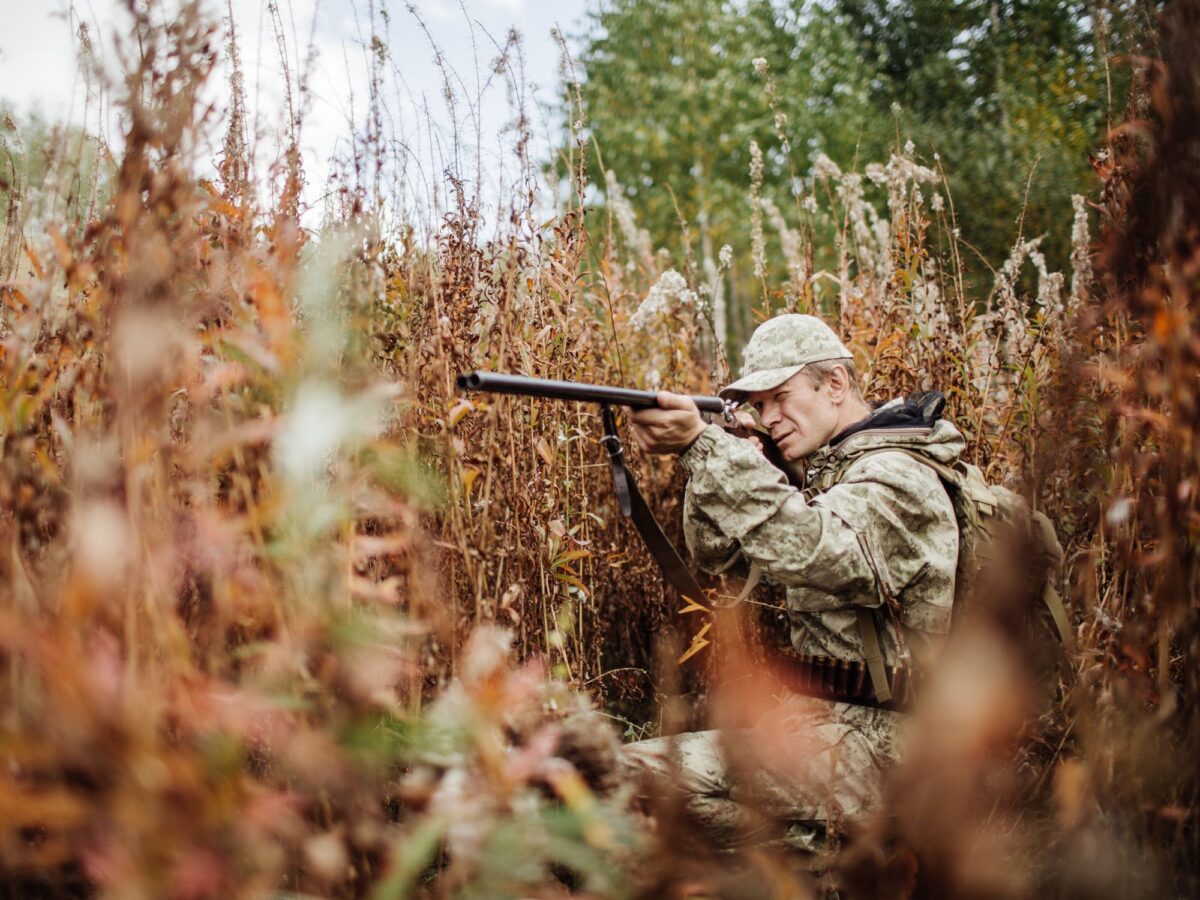Hunting, the practice of tracking and pursuing different animals, has been a part of human civilization for thousands of years. While it was once a necessity for survival, hunting evolved into the popular recreational activity it is today.
Millions of people enjoy this practice worldwide, and it is more than just a pastime or an outdoor activity; it’s a competitive sport. The reasons why hunting is considered a sport come from its rich history, rules, and the deep connection it has with nature.
Skill and Strategy
Any sport requires a combination of skill and strategy, and hunting is no exception. Successful hunting demands a deep understanding of animal behavior, terrain, and firearm or weapon proficiency. Hunters must possess the necessary skills and knowledge to practice responsible hunting while respecting ethical and safety standards.
Hunters must study animal’s habits and habitats, employ camouflage techniques, and patiently wait for the right moment to shoot. This combination of skill and strategy adds an intellectual dimension to hunting, similar to sports such as chess or golf.
Rules and Regulations
Like any legitimate sport, hunting has a set of rules and regulations that every participant must follow to prevent environmental problems. These rules ensure ethical and responsible hunting practices while conserving wildlife populations and habitats.
Hunters must obtain the necessary licenses and tags, adhere to specific hunting seasons, and respect the number of legally harvested animals. These regulations help maintain ecological balance, protect endangered species, and ensure that hunting remains sustainable for future generations.
Competitive Elements
Hunting competitions and events, such as skeet shooting and archery tournaments, provide platforms for hunters to showcase their skills and compete against one another. These competitions often incorporate time trials, accuracy challenges, and other competitive elements, using the structure of traditional sports.
Some hunting practices involve record-keeping and trophies, rewarding accomplishments such as hunting for the largest buck or the longest-bearded turkey. These achievements are benchmarks of a hunter’s skill and dedication, adding a competitive edge to the sport.
Connection With Nature
One of the main reasons why hunting is considered a sport is the profound connection it promotes with nature. Unlike many sports played on artificial turf or in climate-controlled arenas, hunting occurs outdoors.
It encourages individuals to immerse themselves in natural environments, where they gain a deeper appreciation for wildlife and the ecosystems. Many hunting organizations work in wildlife conservation and habitat restoration, making hunting an environmental good.
Hunting combines skill, strategy, rules, and a deep understanding of nature, which qualifies as a sport. It challenges participants mentally and physically while instilling a profound respect for the natural world and its unique characteristics.
Texas Outdoors
Latest posts by Texas Outdoors (see all)
- How To Safely Maintain Your Farm’s Water Source – May 27, 2025
- 3 Simple Ways Corn Farmers Can Increase Net Profit – May 23, 2025
- Comparing Boat Types for Perfect Angler Mobility – May 20, 2025

Leave a Reply